Nubian goats are a breed of dairy goats known for their distinctive appearance, high milk production, and friendly temperament. They are thought to have originated in North Africa, and they are one of the oldest known dairy breeds. They were developed in England by crossing native African and Middle Eastern goats with local breeds.
Gentle giants compared to their cousins
Nubian goats are larger than Nigerian Dwarf goats but smaller than some other dairy breeds. They have a distinctive appearance with long, pendulous ears that hang down the sides of their head. Nubians also have a Roman nose, which is a convex or straight profile. These goats come in a wide range of coat colors and patterns. Common colors include solid black, red, and tan, as well as various combinations and patterns.
Nubian goats are renowned for their high milk production and the quality of their milk. They have a higher butterfat content compared to many other dairy breeds, making their milk excellent for cheese and butter production. On average, a Nubian doe can produce almost an entire gallon of milk in a day.
Known for their friendliness, Nubians have very outgoing personalities. They are often considered affectionate and enjoy interaction with their owners. Their social nature makes them suitable for various purposes, including 4-H projects and as pets. With proper care, Nubian goats can live up to 12 to 15 years or even longer.
Nubian goats are prolific breeders and have a longer breeding season than some other dairy breeds. The gestation period is approximately 150 days, and they typically give birth to multiple kids. These goats are primarily kept for their milk production, but they can also be used for meat. Additionally, their friendly nature makes them suitable for various agricultural and educational purposes.
Regular veterinary care, vaccinations, and attention to common goat health issues, such as parasite control and hoof care, are crucial for maintaining the health and well-being of Nubian goats.
- Pasture and forest vegetation including vines, leaves, tree nuts and fruit
- Hay
- Alfalfa
- Fruit and vegetables year round, pumpkin and squash in the fall
- Supplemental mixture of commercial goat feeds
- Multicolored, white, cinnamon, tan, black with spots
- Horned or naturally hornless
- Average sized goat with a social to affectionate temperament
- Adults range from 100-175 pounds
- Great tolerance to the Florida weather except rain
- 1 doe can produce up to 1 gallon per day
- Milk is high in butterfat and protein
- Excellent ice cream, cheese, butter and rich ingredient in desserts
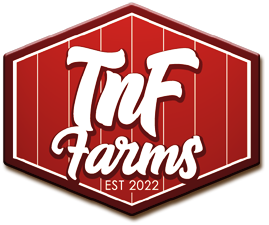
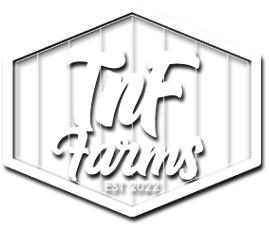
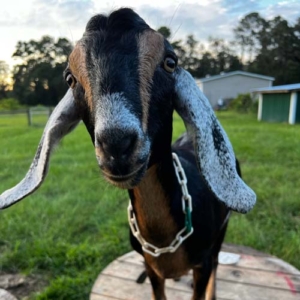
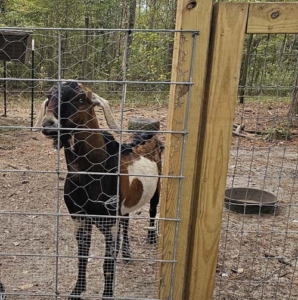
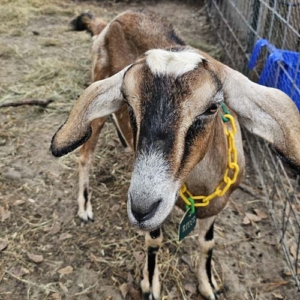

Florida’s Raw Milk Laws
/in Farm Animals, Florida Living, Homesteading, Nigerian Dwarf Goats, Nubian Goats/by TimFlorida, known for its stunning beaches and year-round sunshine, is also home to a complex set of regulations governing the sale and consumption of raw milk. Raw milk enthusiasts and producers in the state must navigate a legal landscape that balances the desire for access to unprocessed dairy with concerns about public health and safety. In this blog post, we’ll delve into Florida’s raw milk laws, exploring the regulations, benefits, and challenges associated with raw milk in the Sunshine State.
Foraging for Goats
/in Farm Animals, Homesteading, Nigerian Dwarf Goats, Nubian Goats/by KaitlynIn the world of goat keeping, the concept of foraging is gaining increasing recognition as a fundamental element in promoting the health and happiness of our beloved goats. While traditional feeding methods certainly play a role, integrating foraging into your goats’ routine can have a multitude of benefits. Let’s explore why foraging is essential for goats and how it contributes to their overall well-being and health.
Goat Safe Fruit Trees
/in Farm Animals, Florida Living, Homesteading, Nigerian Dwarf Goats, Nubian Goats/by KaitlynFlorida’s warm and subtropical climate provides a conducive environment for growing a variety of fruit trees. When selecting fruit trees for a goat farm in Florida, consider those that thrive in the state’s climate and offer nutritional benefits for goats. Here are some suitable fruit trees for a goat farm in Florida.